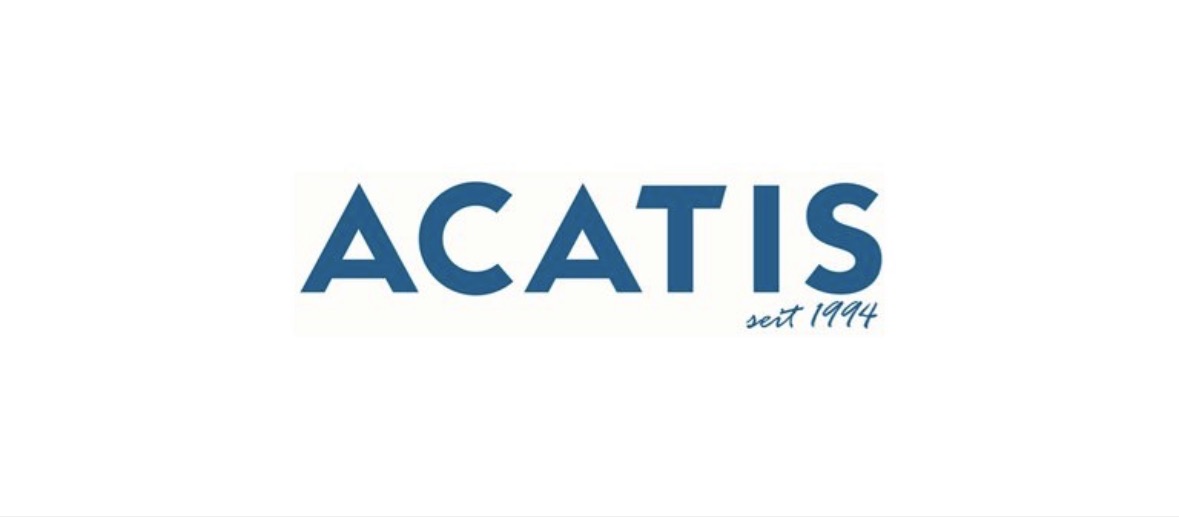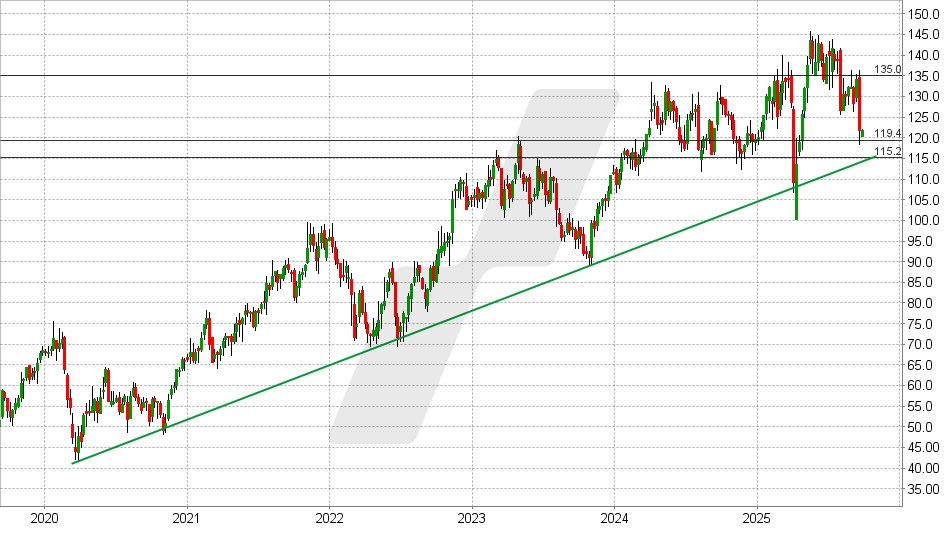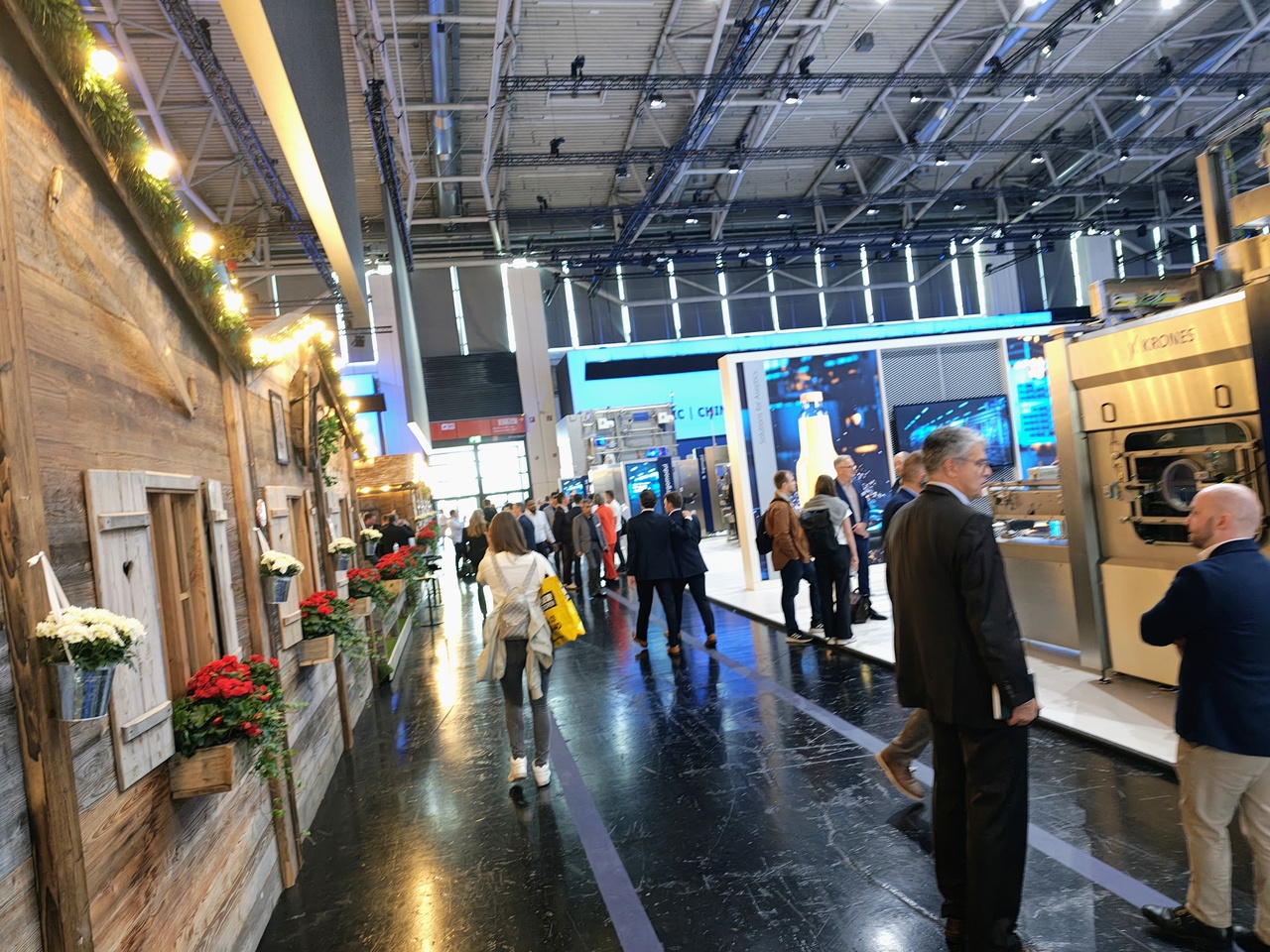⬆️⬆️⬆️
- DEUTSCHE BANK RESEARCH raises its price target for BMW from EUR 90 to EUR 95. Buy. $DBK (+0,96 %)
- BERNSTEIN raises the price target for QUALCOMM from USD 200 to USD 215. Outperform. $QCOM (+0,45 %)
- UBS raises the price target for LYFT from USD 13 to USD 18. Neutral. $LYFT (+1,85 %)
- BARCLAYS raises the price target for SIEMENS HEALTH from EUR 60.50 to EUR 62.50. Overweight. $SHL (+2,87 %)
- WARBURG RESEARCH raises the price target for KONTRON from EUR 28 to EUR 28.40. Buy. $KTN (+0,67 %)
- UBS upgrades KINGSPAN GROUP from Neutral to Buy. Target price 90 EUR. $KRX (+0,59 %)
- WARBURG RESEARCH raises the price target for ZEAL NETWORK from EUR 59 to EUR 64. Buy. $TIMA (+1,41 %)
- GOLDMAN raises the price target for VONOVIA from EUR 42.70 to EUR 43.70. Buy. $VNA (-1,65 %)
- BARCLAYS raises the price target for AHOLD DELHAIZE from EUR 30 to EUR 31. Equal-Weight. $AD (+1,67 %)
- BARCLAYS raises the target price for FMC from EUR 38.50 to EUR 39. Equal-Weight. $FMC (+0,23 %)
- JPMORGAN raises the target price for COMMERZBANK from EUR 18 to EUR 18.40. Overweight. $CBK (+1,63 %)
- JPMORGAN raises the target price for PUMA SE from EUR 40 to EUR 44. Neutral. $PUM (-0,68 %)
- JPMORGAN raises the target price for JUST EAT TAKEAWAY from GBP 13.96 to GBP 14.15. Overweight. $TKWY
⬇️⬇️⬇️
- JEFFERIES downgrades PALANTIR from Hold to Underperform. Target price USD 28. $PLTR (+4,12 %)
- DEUTSCHE BANK RESEARCH lowers the price target for NOVO NORDISK from DKK 1100 to DKK 1000. Buy. $NOVO B (+4,58 %)
- RBC lowers the price target for NIKE from 82 USD to 80 USD. Sector Perform. $NKE (-1,25 %)
- ODDO BHF downgrades ASM INTERNATIONAL to Outperform. Target price EUR 960. $ASM (-2,56 %)
- KEPLER CHEUVREUX downgrades HENSOLDT from Buy to Hold. Target price EUR 34. $HAG (+1,62 %)
- DEUTSCHE BANK RESEARCH lowers the price target for ZALANDO from EUR 40 to EUR 36. Buy. $ZAL (+1,39 %)
- DEUTSCHE BANK RESEARCH lowers the price target for VESTAS from DKK 165 to DKK 150. Hold. $VWS (+3 %)
- BOFA downgrades SIEMENS ENERGY from Buy to Neutral. Target price EUR 40. $ENR (+4,79 %)
- METZLER lowers the price target for VONOVIA from EUR 28.50 to EUR 28. Sell. $VNA (-1,65 %)
- BARCLAYS lowers the price target for TEAMVIEWER from EUR 18 to EUR 15.50. Overweight. $TMV (+0,75 %)
- WARBURG RESEARCH lowers the price target for KLÖCKNER & CO from EUR 6 to EUR 5.70. Buy. $KCOB
- HAUCK AUFHÄUSER IB lowers the target price for NORMA GROUP from EUR 32 to EUR 27. Buy. $NOEJ (+1,4 %)
- WARBURG downgrades EDAG ENGINEERING from Buy to Hold and lowers target price from EUR 13 to EUR 9.50. $ED4 (+0,79 %)
- LBBW lowers the price target for ALLGEIER from EUR 24 to EUR 20. Buy. $AEIA
- BARCLAYS lowers the price target for HENKEL from EUR 79 to EUR 77. Equal-Weight. $HEN (+0,24 %)
- BERENBERG lowers the price target for KRONES from EUR 157 to EUR 154. Buy. $KRN (+0,55 %)





















